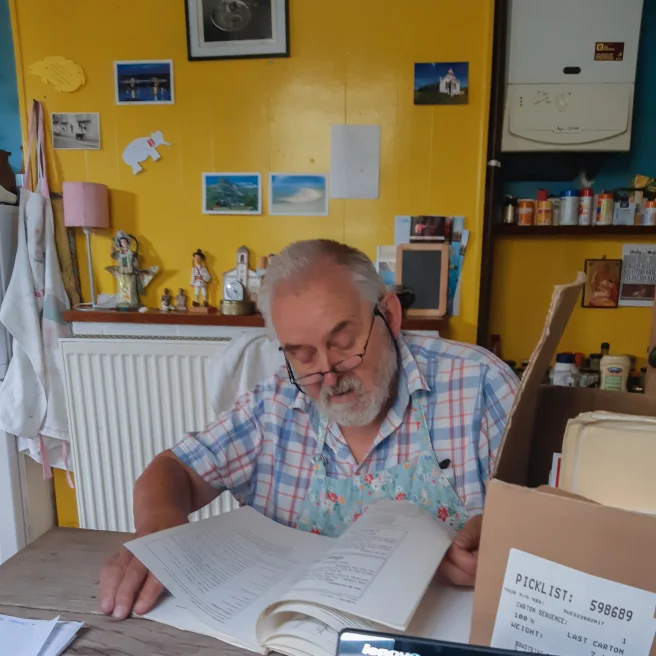My friend Niamh Ryan, joins me to talk about evaluating teacher training. How can you tell if your training is making a difference?
Observing New Teachers (with Matt Courtois)
What Motivates Teachers to Develop? (With Amol Padwad)
I speak with Amol Padwad from Ambedkar University Delhi about teacher motivation and teacher development. What incentives make sense for teachers at different stages of their career? What demotivates teachers from wanting to develop? And how can schools encourage all their teachers to develop without forcing them?
Tools For Teacher Reflection (with Dave Weller)
Reflection in Teacher Education (with Ben Beaumont)
From Experience to Expertise (with Alan Maley)
Podcast: Is "Less" Sometimes "More" In Teaching, Training and Management? (Matt Courtois)
Podcast: Personalizing Learning, Development and Work
Personalization is in every aspect of our lives; the clothes we wear, the TV we watch, the podcasts we listen to. But what about in language teaching? In this episode we discuss how teachers can personalize lessons and materials for students, how trainers can personalize development for teachers and how managers can personalize work for their staff.
The Spaces We Teach In
There are more or less three constants present in every educational setting: students, teachers and classrooms. This episode we focus not on the participants, but on the spaces for English language learning. We discuss how to set up a classroom, how seating can support your students (or sabotage your lesson) and how teachers and students can benefit from moving their class outside the classroom (from time to time).














